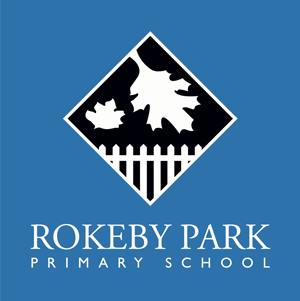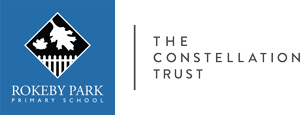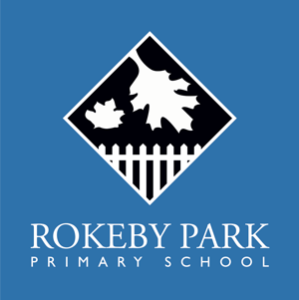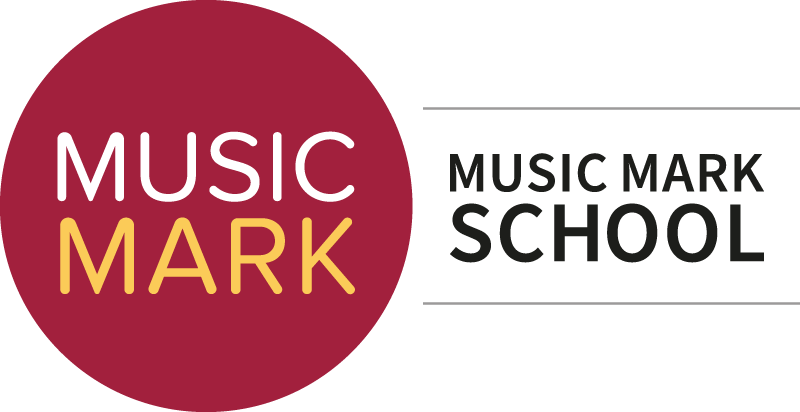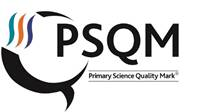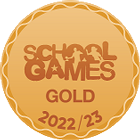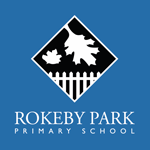
Geography – curriculum information
Intent
At Rokeby Park Primary School, we believe that geography helps to provoke and provide answers to questions about the natural and human aspects of the world. Our ambitious curriculum encourages children to develop a deep knowledge of the world they live in and understand their place within it.
The geography curriculum at Rokeby Park Primary is taught around four key areas of learning: geographical skills and field work; human and physical geography; locational knowledge; and place knowledge. These areas are explored through our key concepts: navigation; fieldwork; population; economic activity; tectonic activity; human features; physical features; natural resources; sustainability; and climate and landscape; all of which provide lenses through which to consider different aspects of geography. As children move through the school, these concepts are revisited to deepen their understanding. Second-order concepts: responsibility; similarity and difference, cause and consequence; continuity and change; significance; enquiry; and written and oral expression; are taught and applied through each unit of geography and build progressively as pupils move through each key stage.
We are provide an ambitious curriculum for our children and seek to inspire curiosity and instill a fascination about the world and its people, which will remain with our pupils for the rest of their lives. We promote children’s interests and develop both an understanding and a respect for diverse places, people, resources and natural and human environments, whilst embedding a deep understanding of the Earth’s key physical and human processes.
The geography curriculum supports our pupils to acquire good basic skills; develop their knowledge of diversity and spirituality; and understand the life-long possibilities the world can offer. As subject knowledge is embedded, pupils develop a confidence in the subject and are motivated to want to learn more about the world around them.
By the end of EYFS, pupils will:
Begin to understand how they are part of their own locality, which is part of a bigger world.
Learn about different people and communities.
Use speaking, listening and understanding to develop and explore these in greater detail.
By the end of Key Stage 1, pupils will:
Use and make a range of geographical resources such as photos and maps to locate features in their locality and the world.
Understand the principle of directions.
Look at land use, climate and physical features of Great Britain and other locations in the world.
Develop an understanding of how humans and nature can affect and shape the landscape.
Understand that they have responsibilities to care for the planet and its resources.
By the end of Key Stage 2, pupils will:
Be able to compare physical and human features in their own locality to different locations around the world.
Conduct fieldwork to identify common geographical processes, to make observations, collect data and draw conclusions from their findings.
Be able to interpret a range of sources of geographical information and present geographical information in a variety of ways.
Develop an understanding of map work so that these features can be examined and identified in a wider context.
Understand the processes that give rise to key physical and human features and how these change over time.
Understand the impact of humans and of nature in shaping the world in which they live.
Understand their responsibilities as global citizens, who can think both critically and creatively, to play their part in caring for and sustaining our world and resources.
Implementation
Geography is taught progressively across the year groups, so that children achieve depth in their learning. Our geography progression document identifies both the key concepts and second order concepts along with an overview of each unit of learning. Knowledge organisers are available for children to access at any point during a geography lesson; this enables pupils to re-cap on previous learning whenever they feel it necessary and encourages an independent approach during lessons. In addition, subject specific vocabulary is presented in all classrooms giving ample opportunity for pupils to further develop language, vocabulary and speech and language skills.
At Rokeby Park, reading is at the core of the curriculum: we enhance our geography curriculum through the use of high-quality texts. Cross curricular outcomes are specifically planned for, so that children are able to make connections to other areas of their learning.
The local area is also fully utilised to achieve the desired outcomes: our children will develop their map skills by studying the development of Hull and its development as a city; they will explore the geographical features of the River Humber and consider how erosion is changing our local landscape. There will also be extensive opportunities for learning outside the classroom which is embedded through practice. Teachers plan topics in relation to an overarching theme for each term. Consideration is given to extending children’s learning and how it will be demonstrated within each lesson, as well as how learners will be supported in line with the school’s commitment to inclusion and developing the three R’s: responsibility, respect and resilience.
Our geography curriculum is inclusive for all children including those with special educational needs (SEND) and differences. Our teachers use a variety of pedagogies, including allowing pupils to lead their own learning through enquiry-based lessons; offering learning through real-life, first-hand experiences; and allowing children to present their findings in ways that interest them. These approaches stimulate the interests of all pupils including those from disadvantaged backgrounds and those with SEND. The curriculum will be adapted if necessary to ensure all pupils can access learning.
Impact
Outcomes of work are regularly monitored to ensure that they reflect a sound understanding of the key identified knowledge through 3 key questions. These allow for assessment opportunities and to identify children’s understanding and interpretation of their learning.
Pupil’s books will evidence a broad and balanced geography curriculum and demonstrate the children’s acquisition of identified key knowledge, understanding and new vocabulary. As children progress throughout the school, they will develop a deep knowledge and understanding, and an appreciation of their local area and its place within the wider geographical context.
Further information
‘All school trips are amazing, especially Robinwood.’
‘I’ve enjoyed all the learning I’ve done in school and I’ve made lots of brilliant friends.’
‘I love English because it brings my imagination to life’
‘My best memory was when it was Rokeby’s got talent and at the end the teachers all got up and danced’
‘Maths is my favourite subject because I enjoy the challenges we are set.’
‘started here in Year 5 and I’ve enjoyed everything at Rokeby Park Primary – it’s the best.’
‘Being here for 5 years (almost my whole life) makes me feel special its almost like home’
‘I’ve really enjoyed the hard work we have been given in maths.’
